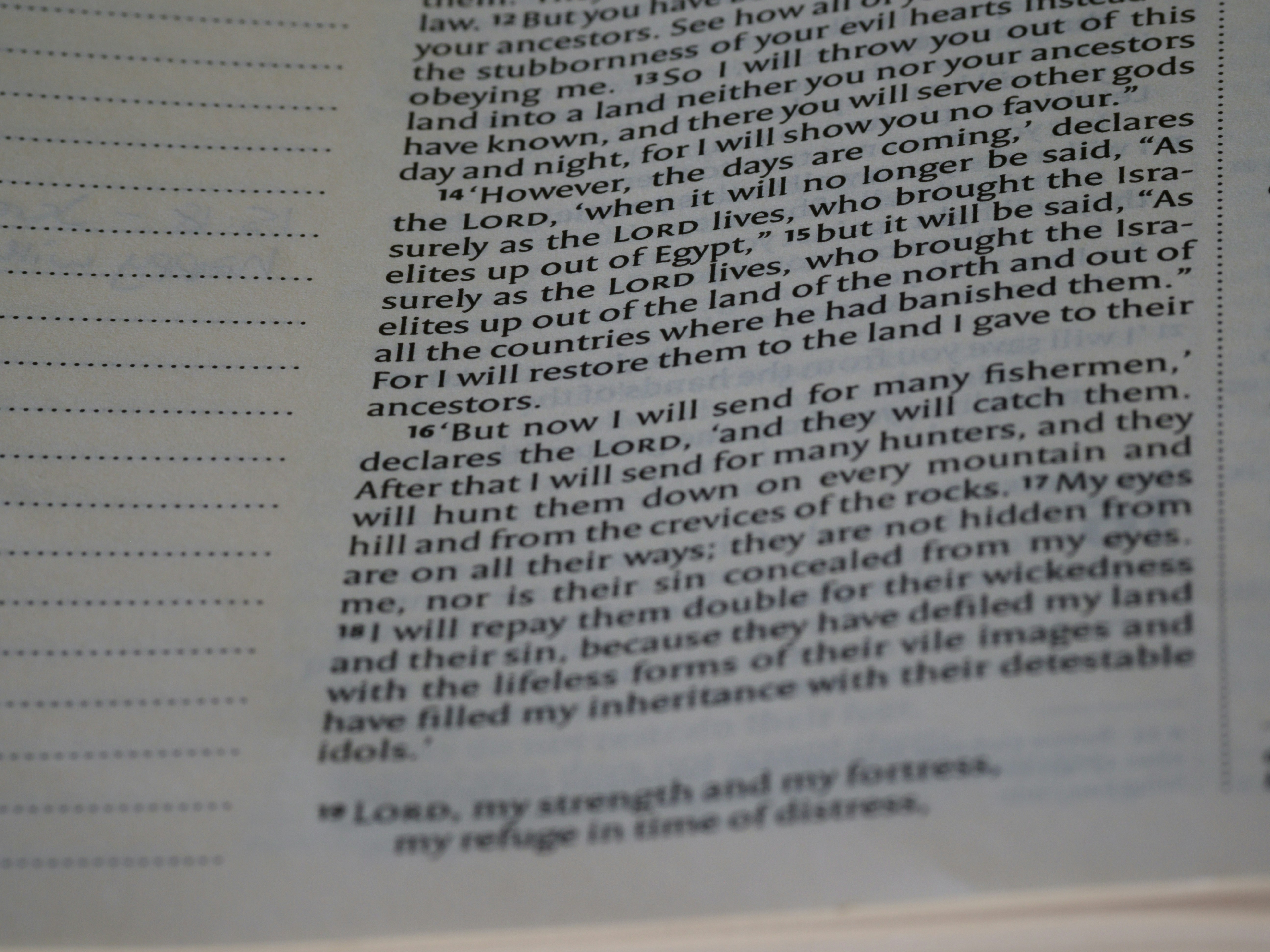Syrian Christians: Navigating the Past and Future Amidst Change
Introduction to Syrian Christians
The Syrian Christian community is one of the oldest Christian populations in the world, tracing its roots back to the early days of Christianity. Historically, they have played a significant role in the religious, cultural, and social landscape of Syria. The community is predominantly comprised of various denominations, including the Syrian Orthodox Church, the Maronite Church, and the Roman Catholic Church, among others. Each denomination offers a unique perspective and contributes to the rich tapestry of Syrian Christian heritage.
Demographically, Syrian Christians make up a small but vital portion of the overall Syrian population. Estimates suggest that before the outbreak of the Syrian civil war in 2011, Christians constituted approximately 10% to 15% of the country’s inhabitants. However, the ongoing conflict has led to significant displacement, with large numbers seeking refuge in other countries or areas perceived as safer. This demographic shift has had profound implications on the community’s cultural identity and continuity.
Culturally, Syrian Christians have enriched the broader society with their contributions in literature, music, and art. Their religious festivals and traditions such as Christmas and Easter are celebrated with distinct rituals, reflecting their unique heritage. The community also boasts several historical sites, such as ancient churches and monasteries, which are of both local and global significance. Despite facing challenges, including rising sectarian tensions and displacement, Syrian Christians continue to maintain their cultural practices and identity.
Understanding the historical background and contributions of Syrian Christians is crucial, as it provides context to the community’s current challenges. The ongoing conflict has not only altered their demographic landscape but also sparked debates about their identity and future in a rapidly changing environment. This overview sets the stage for a deeper exploration of these pressing issues faced by the Syrian Christian community today.
Historical Context of Syrian Christianity
The roots of Christian communities in Syria can be traced back to the early years of the faith, with the region often regarded as the cradle of Christianity. The establishment of these communities is believed to have commenced shortly after the death of Jesus Christ, with significant influences stemming from the missionary work of apostles, notably Saint Paul, who played a crucial role in spreading Christianity throughout the region. One of the key historical markers was the city of Antioch, which is identified as a central hub for early Christians and where the term ‘Christian’ was first used. This early formation of Christian communities laid the foundation for the vibrant and diverse expressions of faith that have characterized Syrian Christianity over the centuries.
Throughout its history, Syrian Christianity has been significantly shaped by a succession of empires, including the Roman, Byzantine, and Ottoman empires, each leaving an indelible mark on the faith and its practices. Under Roman rule, Christianity gained recognition, but it also faced periods of intense persecution. The Edict of Milan in 313 AD marked a turning point, granting religious freedom and facilitating the growth of churches and congregations. The Byzantine period witnessed theological developments and the establishment of key ecclesiastical structures that further consolidated Christian beliefs. However, the rise of Islam in the 7th century altered the religious landscape, leading to the gradual decline of Christian prominence in the region.
Key events such as the Crusades and various conflicts during the Ottoman Empire profoundly affected Syrian Christians, escalating tensions and sometimes leading to exile or migration. These historical experiences have shaped the identity and resilience of the community, contributing to their unique cultural heritage. Understanding this historical context is essential for grasping the current dynamics within Syrian Christianity, as it navigates through challenges and transformations in a rapidly changing world.
Impact of the Syrian Civil War
The Syrian Civil War, which erupted in 2011, has drastically altered the socio-political landscape of Syria and has had profound implications for its diverse communities, particularly the Christian population. Historically, Christians in Syria have enjoyed relative tolerance and have contributed significantly to the country’s rich cultural tapestry. However, the ongoing conflict has led to severe challenges that threaten their very existence.
One of the most immediate effects of the war has been the displacement of Christians from their homes. It is estimated that hundreds of thousands of Christians have fled their ancestral villages, seeking safety and stability in neighboring countries or other regions. This mass migration has not only diminished the Christian population in Syria but has also resulted in the loss of vibrant communities that have existed for centuries. The exodus is driven by identified threats such as violence, persecution, and a pervasive atmosphere of fear that permeates daily life.
Furthermore, the conflict has led to the destruction of important heritage sites that hold significant cultural and religious value to the Christian community. Historic churches, monasteries, and other religious landmarks, which have stood for generations, have been damaged or obliterated, erasing the physical manifestations of a rich historical identity. This loss reverberates deeply within the community, leading to concerns about the preservation of their heritage and cultural practices for future generations.
In addition to physical displacement and the loss of heritage, heightened sectarian tensions have emerged as a byproduct of the civil war. The conflict has exacerbated divisions among religious groups, fostering an environment of mistrust and animosity. The fear of marginalization has intensified, leaving many in the Christian community questioning their future in a country that has increasingly become a battleground for various factions. The intersection of violence, migration, and sectarian strife unveils a precarious existence for Syrian Christians, prompting urgent discussions regarding their role and resilience amidst such adversities.
Debates on Identity and Belonging
The debates surrounding identity and belonging within the Syrian Christian community are complex and multifaceted. For many individuals, a sense of identity is profoundly shaped by historical experiences, religious affiliations, and cultural traditions. These elements have often resulted in a struggle between the desire to maintain a distinct identity and the pressures to assimilate or align more closely with other religious sects in the region. Within this discourse, there is a prominent consideration of nationalism and its effects on communal unity and identity.
Some members of the Syrian Christian community advocate for a closer alignment with other religious groups, emphasizing the importance of collective cooperation in addressing shared challenges. This perspective suggests that a united front, transcending sectarian boundaries, could foster a more inclusive national identity that reflects the diversity of the country’s populace. Proponents argue that such an approach may enhance political representation and lead to more substantial engagement in national dialogues, ensuring that the voices of Syrian Christians are heard alongside those of other communities.
The intersection of these contrasting viewpoints highlights the ongoing debates on identity and belonging among Syrian Christians. As the community navigates through both historical and contemporary challenges, it faces critical questions about its future and how it will define its place in a rapidly evolving socio-political landscape.
Cultural Heritage at Risk
The cultural and historical heritage of Syrian Christians is a poignant reflection of a rich legacy that dates back centuries. With deep roots intertwined with the broader context of Christianity, their heritage encompasses numerous ancient churches, unique artifacts, and time-honored traditions that collectively narrate a story of resilience and faith. Unfortunately, this heritage has faced significant threats, particularly in recent decades, due to ongoing conflicts, social unrest, and systematic devastation.
Many historical churches, revered not only for their religious significance but also for their architectural beauty, have been damaged or destroyed. Iconic structures such as the Church of St. George in Aleppo stand as testaments to the community’s devotion, yet they are now at risk of fading into oblivion. Artifacts that once adorned these places of worship have either been stolen or destroyed, leading to an irreplaceable loss of cultural identity. The erasure of such symbols poses a profound challenge for current and future generations of Syrian Christians as they strive to maintain a sense of belonging and continuity.
Efforts to preserve this invaluable heritage are underway through various initiatives. Organizations focused on the protection of cultural heritage are increasingly working alongside local communities to document and restore damaged sites. These projects aim to catalog historical artifacts, creating a digital record that ensures their existence is acknowledged even if they cannot be physically restored. Additionally, educational programs dedicated to younger generations highlight the importance of preserving traditions, rituals, and languages associated with Syrian Christian heritage.
As cultural custodians, Syrian Christians face the daunting task of safeguarding their history in a climate of uncertainty. It is crucial to recognize that the maintenance of this heritage is not merely an act of remembrance but a way to instill a sense of identity and belonging for future generations. The commitment to preserving cultural heritage amidst change stands as a testament to the enduring spirit of the Syrian Christian community.
Concerns for the Future
The future outlook for Syrian Christians remains fraught with challenges as the region continues to experience instability. Among the most pressing concerns is the potential for further violence, which jeopardizes the safety of these communities. The conflict has already led to significant displacement, and as regional tensions persist, there is a palpable worry about the resurgence of sectarian violence. The historical vulnerabilities faced by Syrian Christians have raised alarms within the community regarding their long-term survival in the region.
Emigration trends are another significant concern. Many Syrian Christians have sought refuge in other countries, fleeing the violence and persecution that has marked their existence in Syria. This mass exodus threatens the demographic fabric of the Christian community within the country, raising the fear of possible extinction of vibrant communities that have existed for centuries. The diaspora is often torn between a longing for their homeland and the need for security and stability in their new environments. It is crucial to analyze how this phenomenon will influence the socio-cultural landscape of Syrian Christians in the future.
Amidst these challenges, there exists a hopeful narrative directed at reconciliation and coexistence in a post-war Syria. Younger generations, particularly, view these challenges as an opportunity to forge a new identity that embraces unity and collaboration among different faiths. There is a growing recognition that sustainable peace can only be achieved through dialogue and inclusive governance. Efforts by various organizations and local leaders are emerging to promote tolerance and coexistence, fostering a more optimistic outlook for Syrian Christians in the years ahead. The balance between holding onto historical roots while adapting to a changing landscape will ultimately shape the future of these communities.
Role of the International Community
The plight of Syrian Christians amidst the ongoing conflict in Syria has prompted a variety of responses from the international community. Religious organizations, humanitarian agencies, and political entities have all played significant roles in addressing the challenges faced by this community. These interventions are critical as they provide both immediate relief and long-term strategic support aimed at improving the overall wellbeing of Syrian Christians.
Religious organizations have been at the forefront, offering not only spiritual support but also essential services such as food, shelter, and medical care. Many churches and faith-based groups have mobilized resources to assist displaced Christians fleeing violence, often providing safe havens in neighboring countries or within Syria itself. These efforts have underscored the importance of faith in fostering resilience among communities under threat. However, the sustainability of such programs is contingent on ongoing financial and material support from external donors.
Humanitarian aid plays a pivotal role in providing necessary resources to vulnerable populations in Syria, which includes Syrian Christians. Various international NGOs have implemented programs focused on health care, education, and economic empowerment. While these initiatives have undoubtedly improved the living conditions for many, their effectiveness can be challenged by the escalating complexities of the conflict and the fluctuating political dynamics within the country.
Furthermore, political support from international bodies and foreign governments has been crucial for advocating the rights of Syrian Christians. This support has ranged from public statements condemning violence against religious minorities to legislative measures aimed at increasing humanitarian access. However, the geopolitical implications of these interventions often complicate their effectiveness, as political agendas may not align with humanitarian needs.
In conclusion, the international community has taken various approaches to help Syrian Christians navigate the challenges posed by ongoing conflict and change. The combined efforts of religious organizations, humanitarian aid, and political support are essential in securing a more hopeful future for this community. Continued collaboration and a unified approach are necessary to ensure the long-term wellbeing and stability of Syrian Christians amid current and future uncertainties.
Advocacy and Empowerment Initiatives
The plight of Syrian Christians has drawn attention to the urgent need for advocacy and empowerment initiatives aimed at fostering resilience within the community. Various local and international organizations have stepped forward to address the myriad challenges faced by this group, focusing on essential areas such as security, education, and community development. These initiatives are crucial in mitigating the adverse effects of conflict and displacement that have significantly impacted the lives of Syrian Christians.
Security remains a paramount concern for many Syrian Christians. Organizations are working tirelessly to provide safety measures and support systems that enable families to rebuild their lives. These efforts often involve collaboration with local authorities and international agencies to ensure that the Christian minority can live peacefully amidst a diverse community. Programs that focus on conflict resolution and community safety play an important role in restoring a sense of normalcy and stability.
Educational empowerment has emerged as another critical focus area. Many initiatives aim to provide access to quality education for Syrian Christian youth, ensuring they have the necessary skills for sustainable livelihoods. Non-governmental organizations are establishing schools and vocational training centers that not only facilitate academic learning but also promote values of coexistence and diversity. By investing in education, these programs empower the younger generation to become active contributors to a peaceful society.
Community development initiatives are also essential for long-term resilience. Grassroots movements are at the forefront, working to unite individuals and families in communal projects that encourage collaboration and support. These efforts often foster a sense of belonging and identity, which is vital for the psychological well-being of Syrian Christians. By creating spaces for dialogue and cooperation, community development initiatives help individuals overcome divisions and cultivate a hopeful future despite the adversities they face.
Conclusion: A Call for Unity and Action
The landscape for Syrian Christians, as explored throughout this blog post, is marked by a complex interplay of historical context, cultural identity, and ongoing challenges. The resilience demonstrated by this community amidst adversity serves as a testament to their enduring faith and commitment to their roots. However, the collective responsibility to address the evolving realities faced by Syrian Christians and their fellow citizens cannot be overstated. As the nation continues to navigate its tumultuous past and uncertain future, dialogue emerges as a vital tool for fostering greater understanding among diverse groups.
Unity within the Christian community and among other societal factions is essential for effecting meaningful change. The shared history of suffering should act as a catalyst for not only reflection but also action towards a common goal: a serene and prosperous Syria for all. It is crucial for Syrian Christians to engage in constructive conversations with their Muslim counterparts, promoting empathy and cooperation which could undermine sectarian divisions that have historically plagued the region.
Furthermore, as champions of peace, Syrian Christians are encouraged to take an active role in advocacy for human rights and justice. Their voices are invaluable and contribute to a narrative that supports coexistence and respect for diversity. By actively participating in societal reforms and community development initiatives, they can help shape a future that embraces all Syrians regardless of their religious beliefs.
In conclusion, the path ahead requires unwavering commitment to unity and collective action. By fostering inclusive dialogue, encouraging mutual respect, and taking significant steps towards solidarity, Syrians can work together not only to honor their shared past but also to build a brighter future for generations to come. The journey may be arduous, but the vision of peace remains a shared aspiration worth striving for.











Leave a Reply
You must be logged in to post a comment.